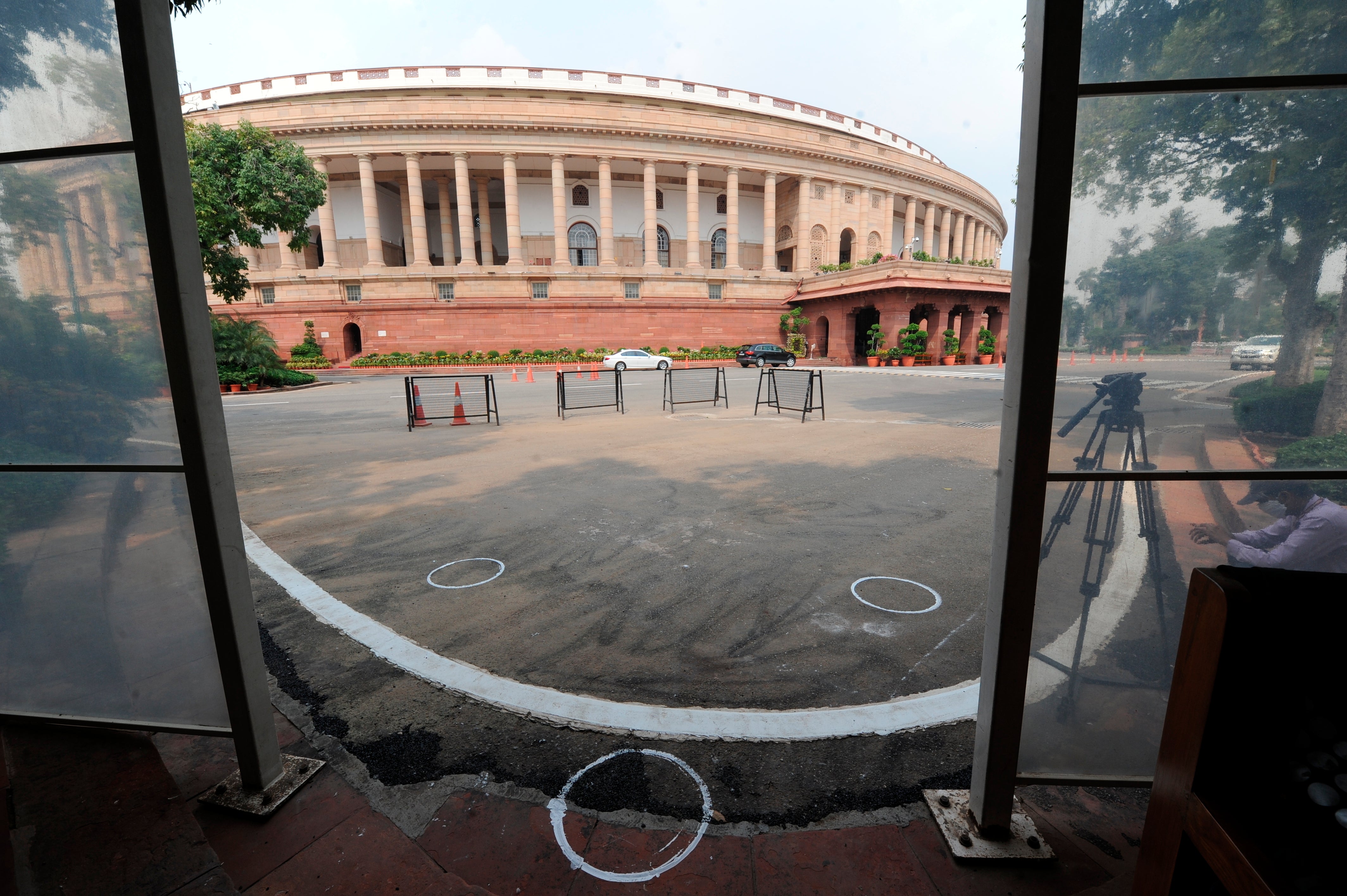India voids law that sought billions in retrospective taxes
India's government is repealing a hotly disputed tax law under which it pursued billions of dollars from international companies for past dealings

Your support helps us to tell the story
From reproductive rights to climate change to Big Tech, The Independent is on the ground when the story is developing. Whether it's investigating the financials of Elon Musk's pro-Trump PAC or producing our latest documentary, 'The A Word', which shines a light on the American women fighting for reproductive rights, we know how important it is to parse out the facts from the messaging.
At such a critical moment in US history, we need reporters on the ground. Your donation allows us to keep sending journalists to speak to both sides of the story.
The Independent is trusted by Americans across the entire political spectrum. And unlike many other quality news outlets, we choose not to lock Americans out of our reporting and analysis with paywalls. We believe quality journalism should be available to everyone, paid for by those who can afford it.
Your support makes all the difference.India’s government is repealing a controversial tax law under which it pursued billions of dollars from international companies for their past dealings and hopes that scrapping the retrospective levy boosts investor confidence.
The bill approved in Parliament’s upper house Monday proposes to withdraw tax demands made over indirect transfers of Indian assets prior to May 2012. It requires companies end their legal challenges over the old law and would refund the principal amount of any of the retrospective taxes the companies paid.
The legislation will have to be signed by India’s ceremonial president, a formality before becoming law, and will only apply prospectively from May 2012.
India's previous government added the retrospective tax, which taxes deals made before the law exists, in 2012 to claim tax from international investors that acquired assets of Indian companies.
It damaged India’s reputation as a stable investment destination and companies that filed legal challenges to the Indian government won in arbitration.
In the case of a $2 billion tax claim against Vodafone the tribunal in The Hague ruled against the government and said the tax levied against the company was “in breach of the guarantee of fair and equitable treatment.” Another claimant, Cairn Energy, was awarded damages of more than $1.2 billion at the tribunal.
The Indian government said it has appealed both of those arbitration awards and expects it will settle billions of dollars in international disputes.
Tarun Bajaj, revenue secretary at the finance ministry, said scrapping the law is a “very good sign for the foreign investors” and will make India’s market more “conducive to the industries.”
“We want to give a message to the global investors that India believes in the stability and certainty of taxation,” he said.
Experts hailed the decision as investor-friendly, but said the government should have acted as soon as it took office in 2014.
“The government could have certainly avoided an unnecessary legal battle that tarnished India's image by scrapping the law much earlier,” said Pushkar Anand, a law professor at the University of Delhi. “The ball now is in the court of the investors.”